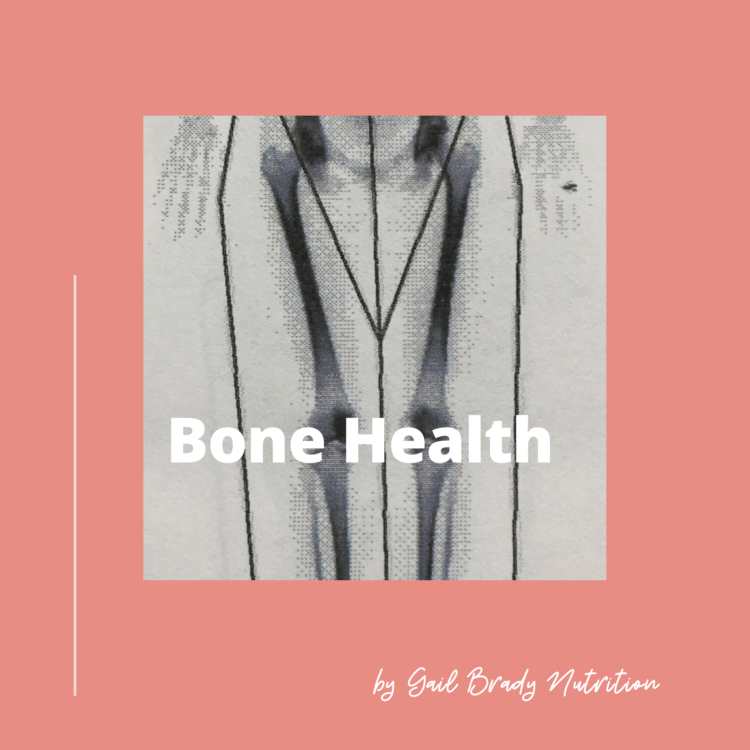Bone turnover and bone breakdown increase with age for both men and women.
However, for women bone loss is rapidly accelerated following menopause and peri-menopause can be a critical window for protecting your bones.
Osteoporosis
Osteoporosis is silent. You may not know that you have this disease until you break or fracture a bone. And by then a lot of damage has already been done…
Warning signs to look out for include a change in height of more than an inch, changes in posture and lower back pain.
Osteoporosis can happen when either bone loss happens very quickly or too slowly. The bone becomes porous and sponge-like making it weak and prone to damage.
Osteopenia is the stage before Osteoporosis when bond density has started to decline.
Women are 4 times more at risk of developing osteoporosis than men. In part, this is due to the hormones oestrogen and progesterone which promote bone formation.
When these hormones start to decline around age 35 your bone health can be affected.
Following menopause, bone loss can be as much as 2 -3 per cent a year.
Other Risk Factors
There are many risk factors including a genetic predisposition, celiac disease and menopause none of which you have control over.
Some modifiable factors include:
- Smoking
- Too much sitting and not enough exercise
- Not eating enough healthy fats or protein
- A vitamin D deficiency
- Mineral deficiencies including calcium and vitamin K
- Compromised gut health
- Certain foods and drinks such as carbonated drinks and excessive alcohol.
Other potential issues include lead toxicity, certain medications including long-term use of steroid hormones, food allergies and sensitivities, too much thyroid hormone, inflammation.
How you can protect your bones
Nutrients for bone health
Many nutrients are essential to bone health including calcium, vitamin D, vitamin K, vitamin C, magnesium, potassium, copper, zinc, boron and selenium.
The best way to ensure that you are getting these is by eating a healthy and varied diet with adequate levels of protein. A good quality multi-vitamin and mineral complex may also be appropriate.
There is also a misconception that we need to eat lots of dairy foods to get calcium but we can get adequate calcium from other foods.
Try including some of these foods in your diet – oily fish, especially sardines with bones, eggs, mushrooms, sesame seeds (tahini), dark leafy greens, kimchi, almonds, poppy seeds, spinach, fortified plant milk.
Include some healthy fats with each meal. You can get these from foods such as avocados, nuts and seeds, olive oil, eggs and oily fish
Make sure that you have adequate levels of protein in your diet to help build bone mass. A palm-size serving for each meal is a good target to aim for. Good sources are poultry, fish, eggs, lentils, beans and pulses.
Grass-fed butter and dark green leafy greens are also a good source of vitamin K2 which is needed for bone health.
Gut health
- Identifying food allergies and sensitivities
- Promoting good gut health
Lifestyle Factors
- Resistance training, jumping and weight-bearing exercises
- Getting adequate, good quality sleep
- Stress management
- It may be appropriate to supplement with a formula containing all the essential nutrients needed for bone health. Please consult your health care provider
For more tips and advice on perimenopause and menopause join a growing group of like-minded women here
To receive your FREE checklist of the Top 10 Foods to Include in Your Diet During Menopause click here




